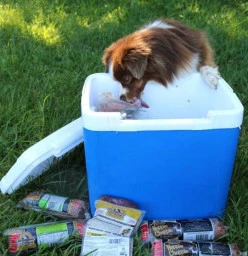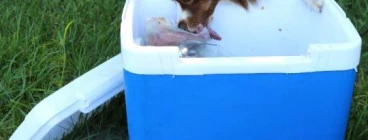- 91 Pathenon Street, Phoenix, Phoenix Central, KwaZulu-Natal 4068
- 5-10 km from Doonside
Pet Wipes - Pet Supplies & Services in Doonside (4125)
No exact matches found within 5km.
Other related businesses in and around Doonside (within 20km)
- 473 Bartle Rd Umbilo Durban, Umbilo, KwaZulu-Natal 4075
- 5-10 km from Doonside
- 23 lemon tree lane Glen Anil, Glen Anil, KwaZulu-Natal 4051
- 2-5 km from Doonside
- 128 Fenniscowles Rd, Umbilo, Durban, 4001, South Africa, Umbilo, KwaZulu-Natal 4075
- 10-20 km from Doonside
- Umhlanga Rocks, Umhlanga Rocks, KwaZulu-Natal 4320
- 2-5 km from Doonside
- Shop 43, Oxford Village Hillcrest, Hillcrest Central, KwaZulu-Natal 3650
- 10-20 km from Doonside
- Durban North CBD, KwaZulu-Natal
- 2-5 km from Doonside
Alpha Pet Products is a reputable company specializing in high-quality pet products, with a particular focus on sheepskin dog toys and raw food for dogs. Founded with a passion for providing pets with the best possible care, Alpha Pet Products has established itself as a trusted brand in the pet industry. Their line of sheepskin dog toys combines durability with luxury, offering dogs a satisfying chewing experience while also being gentle on their teeth and gums. These toys are crafted with meticulous... Read more


